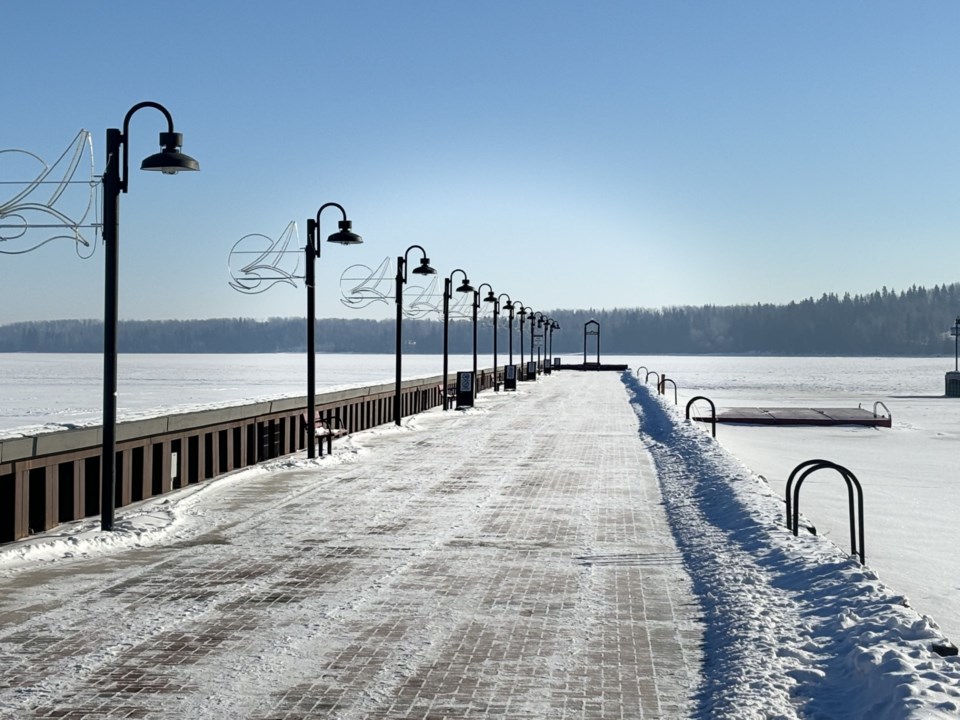COLD LAKE - During a City of Cold Lake corporate priorities meeting on Jan. 16, attention was brought to a letter from Alberta's Minister of Environment and Protected Areas, Rebecca Schulz. The letter highlighted the necessity of having an updated drought plan, given a lack of moisture across the province.
City administration informed council that its current emergency drought plan is outdated and requires immediate attention. The meeting also addressed the decrease in water levels of the city’s namesake and nearest body of water, Cold Lake.
“Everyone is seeing that there isn’t a lot of moisture, the lake level in Cold Lake is down quite considerably,” said CAO Kevin Nagoya.
Ryan Fournier, Press Secretary to Schulz, provided additional context on the drought conditions to Lakeland This Week.
“Drought conditions are being experienced across Canada, including in Alberta and in the Cold Lake area," Fournier stated. He cited that the year-to-date accumulated precipitation in the Cold Lake area is only 25 per cent of the normal amount for this time of year.
Fournier highlighted that Cold Lake is currently 30 centimeters below the mean historical lake level for February.
“Alberta’s government will keep working with municipalities, water users, and industry across the province this winter to help ensure everyone is well-prepared for the possibility of a severe drought in 2024,” said Fournier.
Stage four
"The government is currently at stage four of their five-stage drought management emergency plan," said Nagoya, when speaking to council. He emphasized the importance of municipal involvement in addressing the issue, noting that Minister Schulz has requested municipalities undertake efforts to update and synchronize their drought plans.
Nagoya pointed to the outdated nature of the City of Cold Lake's water management policies and the need for synchronization with the Cold Lake Regional Utility Service Commission. He stressed the importance of regional collaboration, especially in defining expectations regarding water use during potential restrictions.
Nagoya highlighted possible local emergencies that could illustrate the need for a drought emergency plan – such as the water treatment plant going down, or a reservoir having a catastrophic failure.
The province can also enforce an emergency on a municipality if needed.
“Provinces can introduce laws or limit water licenses, affecting those using the water diversion license,” said Nagoya.
He understood the minister's request was to urge municipalities to promptly update their plans, especially in regions with existing demand issues, to prepare for potential challenges.
Council agreed to review the information during an upcoming priorities council meeting. The next corporate priorities meeting is scheduled for Feb. 20.



